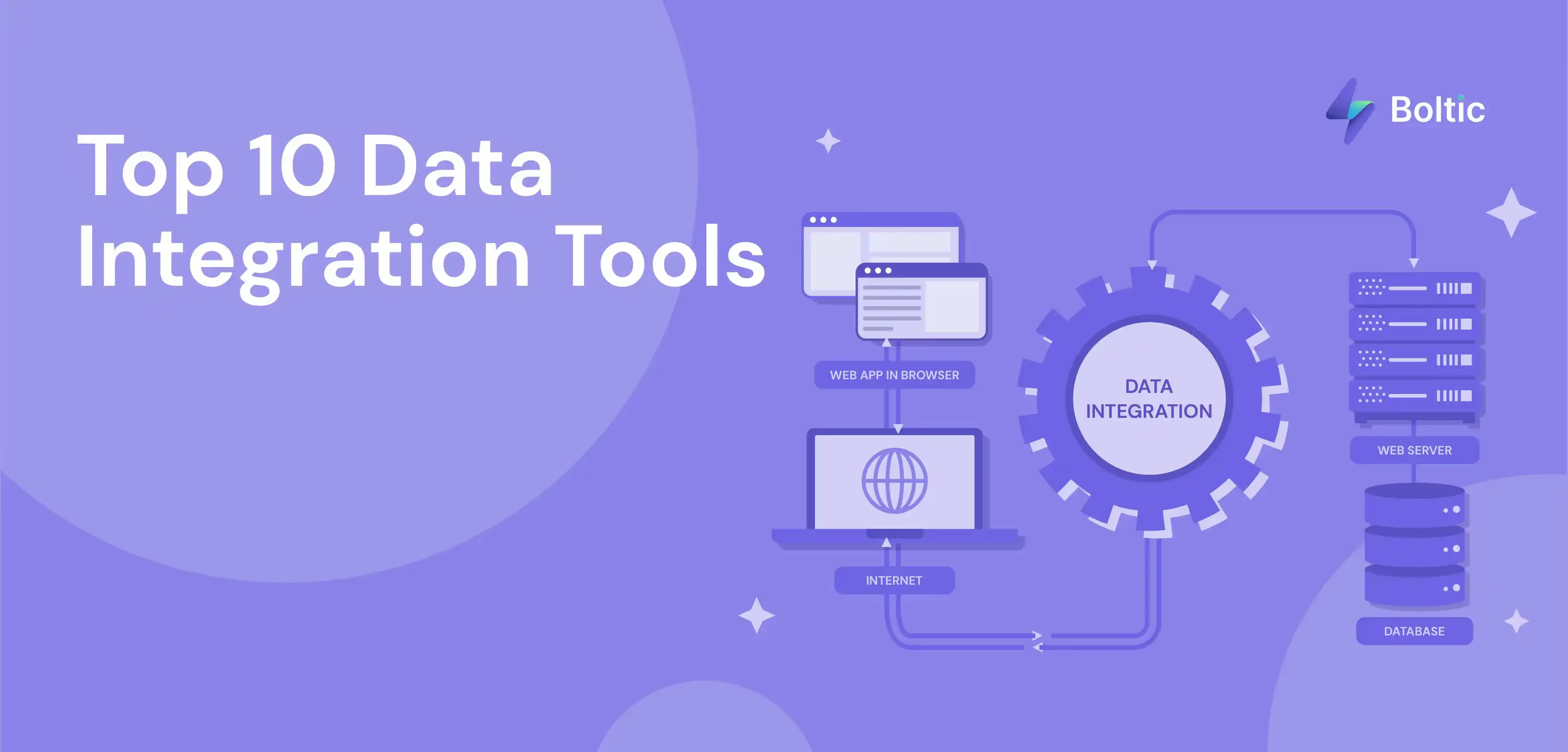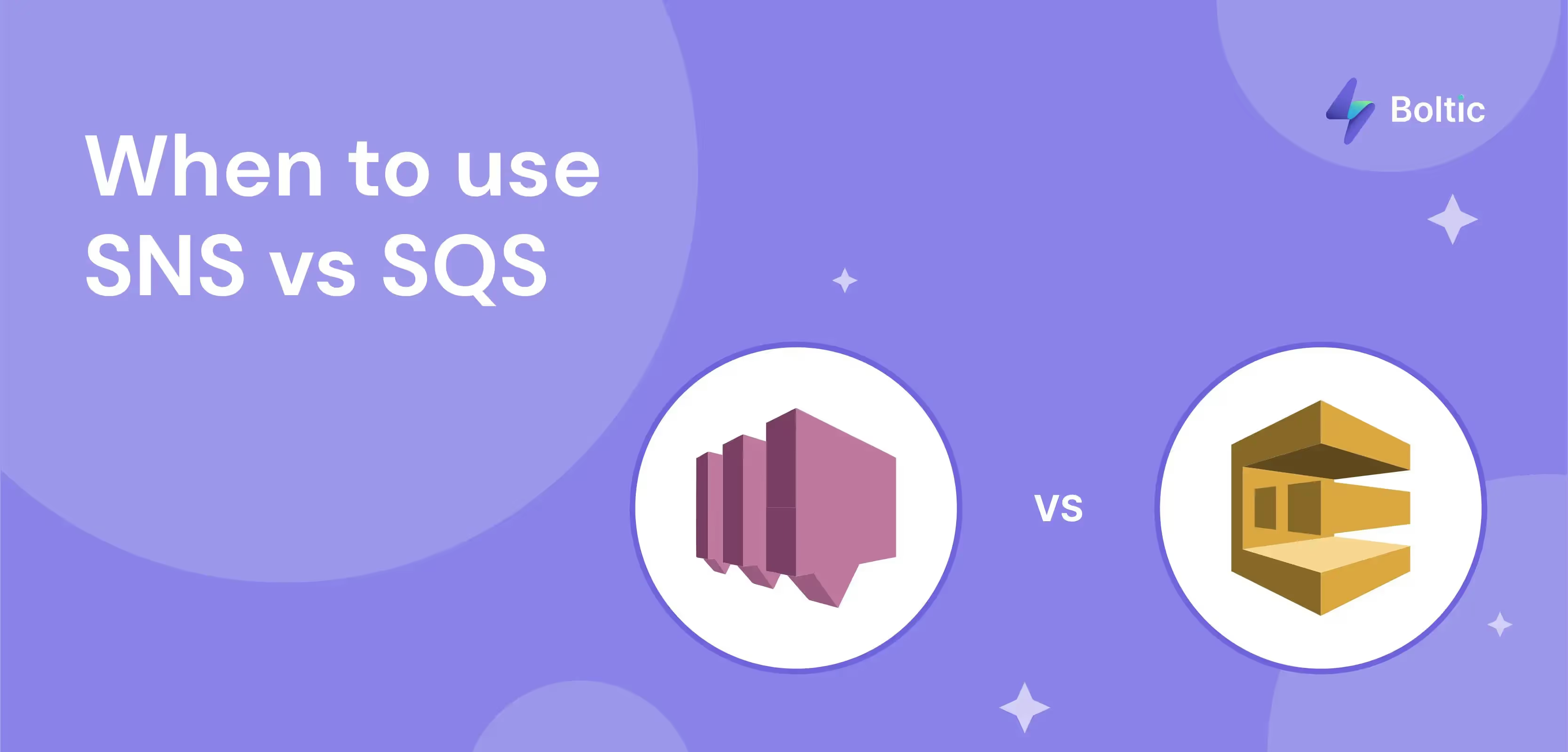Companies require robust ETL tools to manage their complex data needs in today's data-driven landscape. Cloud ETL tools provide a cost-effective and automated solution for ETL pipelines, eliminating the need for large investments in engineering bandwidth or physical data warehouses.
By storing data in a cloud data warehouse, businesses can reduce costs even further. In this article, we will discuss a list of some of the best cloud-based ETL tools, their definitions, stages, benefits, and key factors.
What is Cloud ETL?
ETL is a process that involves extracting data from sources, transforming it into a format that can be used for analysis, and loading it into a destination (usually a data warehouse or database). A cloud-based ETL is a platform that uses Extract, Transform, and Load processes to move data between disparate systems located in the cloud.
This process can be used to migrate data from on-premises databases to the cloud or from one cloud database to another. Cloud-based ETL platforms offer many benefits, including the ability to scale rapidly to meet changing needs, reduced costs, and improved efficiency.
In addition, they provide users with the flexibility to select the most appropriate data transformation and loading processes for their specific needs. As a result, cloud-based ETL platforms are an essential tool for anyone working with data in the cloud.
3 stages of cloud ETL:
There are three stages in every cloud ETL process: Extract, Transform, and Load.
1. Extract:
Extraction refers to the process of retrieving data from various sources. In the past, this would have been a manual process that was either very time-consuming or required special programming skills.
However, with cloud ETL technologies, users can easily create data pipelines using a visual interface. This makes it much simpler and faster to extract data from multiple sources and load it to the desired destination.
2. Transform:
Transformation is the process of cleansing, normalizing, and transforming data into a format that can be used for analysis. This step is critical to ensure that the data is ready for consumption by downstream applications. Cloud ETL tools make it easy to apply various transformation rules using a drag-and-drop interface.
3. Load:
The term "data loading" is used to describe the process of importing data into a specific location so it can be accessed and utilized. Data loading can happen all at once through full loading or in small batches incrementally.
What are the benefits of Cloud ETL?
There are a number of benefits that come with using cloud ETL tools, including:
1. Cost-effective: Cloud ETL tools are typically more cost-effective than traditional on-premises ETL solutions. This is due to the fact that they eliminate the need for expensive hardware and software licenses. In addition, you only pay for the compute resources you use, so you can scale up or down as needed.
2. Flexible: Cloud ETL tools are extremely flexible and allow you to select the most appropriate data transformation and loading processes for your specific needs. This means that you can easily adapt your ETL processes as your data needs change.
3. Scalable: Cloud ETL tools are highly scalable and can be easily increased or decreased to meet changing needs. This makes them ideal for organizations that have rapidly growing data sets.
4. Efficient: Cloud ETL tools are often more efficient than traditional on-premises solutions since they make use of cloud computing resources. This means that you can get more work done in less time.
5. Easy to use: Many cloud ETL tools are designed to be easy to use, even for users with no technical expertise. This makes them ideal for organizations that want to get started with ETL without investing a lot of time and resources in training.
Factors to consider before selecting a Cloud ETL tool:
There are a number of factors that you should consider before selecting a cloud ETL platform, including:
Selecting a Destination: One of the first things you need to do when selecting a cloud ETL platform is to decide where you want to load your data. There are a number of different options available, including data warehouses, databases, and file systems.
Data Formats: Another striking feature is the data format. Cloud ETL platforms support a variety of different data formats, including CSV, XML, and JSON. It's important to select a platform that supports the data format you need.
Compute Resources: Factor to consider is the compute resources required by the cloud ETL platform. Some platforms are designed to run on a single server, while others require a cluster of servers. It's important to select a platform that can be run on the hardware you have available.
Security: Security is an important consideration when selecting a cloud ETL platform. Make sure to select a platform that offers features such as encryption and data masking.
Pricing: Pricing is another essential factor to consider when selecting a cloud ETL platform. Make sure to compare the price of the platform with the features it offers.
Best Cloud ETL tools:
A large variety of Cloud ETL Tools are available in the market, making it difficult to choose the ideal one for your business requirements. To simplify your search, here is a comprehensive list of the best Cloud ETL Tools that you can choose from:
1) Boltic
Boltic is a no-code query mode that offers a modern big data ops workspace for all businesses. It is a highly flexible and user-friendly platform that can be used to integrate data from various data sources, including databases, data warehouses, and SaaS applications.
Without coding, you can join multiple data sources, including relational databases, NoSQL databases, and data warehouses. However, some users have complained about the lack of support for complex data transformations.
Boltic use case:
Boltic is a good choice for businesses that need a no-code solution to quickly get up and running with data integration. Its wide range of features can be helpful in supporting simple to moderate data transformations. However, its lack of support for complex data transformations may not make it the best choice for businesses with more sophisticated needs.
Pricing model of Boltic:
Boltic is a free platform for a lifetime with no credit card required for individuals and smaller businesses on a tight budget who still want a modern big data ops workspace. We offer monthly and annually subscriptions for teams that are growing rapidly and for organizations that need stronger governance.
2) Skyvia
Skyvia is a popular cloud ETL tool that offers robust data integration, migration, and backup support. It is a SaaS application that only requires users to have smooth internet connectivity and a web browser to be able to access it.
Skyvia's easy-to-use data integration wizard enables users to connect data from a variety of sources, such as databases, cloud applications, CSV files, etc., to data warehouses of their choice, such as Google BigQuery and Amazon Redshift.
Some common issues you might encounter while using Skyvia are that it doesn't have fast customer support response times and provides less integration support and transformation functionality than other tools.
Skyvia use case:
If you're looking for a no-code solution to help you automate your ETL pipelines, Skyvia may be a suitable choice for you. It offers minimal data transformation functionalities but can be helpful in automating your processes.
Skyvia is often used by small to mid-size businesses that need an easy-to-use cloud ETL tool for data migration, integration, and backup purposes.
Pricing model of Skyvia:
Skyvia is a great choice for those in need of data integration, backup, query, and connect capabilities. The basic plan is free of cost, making it very affordable. You can choose to pay monthly or annually based on your business needs. Skyvia is a great option for businesses of all sizes.
3) Integrate.io
Integrate.io is a great choice for those who need an easy-to-use data integration platform that can support a wide range of data sources.
Its powerful data transformation capabilities make it ideal for transforming data into an analysis-ready form. It also provides integration support for a wide range of sources, including on-premise databases, cloud applications, and SaaS offerings.
Integrate.io use case:
Integrate.io can be the perfect solution for companies who want an easy-to-use, no-code data integration platform to manage their ELT and ETL workloads.
The drag-and-drop features and pre-built integrations can save businesses time and money by not having to invest in engineering bandwidth. Integrate.io can help businesses get the most out of their data.
Pricing model of Integrate.io:
Integrate.io offers a free trial for those who want to try out the tool before making a purchase. After the free trial, you can choose to pay monthly or annually based on your business needs. Integrate.io is a great option for businesses of all sizes.
4) Informatica PowerCenter
Informatica PowerCenter is an enterprise-grade data integration platform that can scale to meet the needs of businesses as they grow. It is a highly robust and well-reputed tool that can help integrate data from numerous data sources, including various SQL and NoSQL databases.
Although it has a steep learning curve, it can be an excellent solution for businesses that need a powerful data integration platform. It can be expensive for small businesses, but its robust features may be worth the investment.
Informatica PowerCenter use case:
Informatica PowerCenter is a good choice for businesses that need a powerful data integration platform to support their ETL pipelines.
Its wide range of features can be helpful in supporting complex data transformations and integrations. However, its steep learning curve may not make it the best choice for smaller businesses or those with less technical resources.
Pricing model of Informatica:
Informatica's pricing model is based on the type and number of data sources, in-place security features, etc. The basic plan starts at $2000/month and provides a 30-day free trial. This makes it difficult to understand the full cost of using Informatica upfront. However, the company does offer many enterprise data management features.
5) Stitch Data
Stitch Data is an open-source cloud-based ETL tool that can be used by businesses of all sizes. It offers an easy-to-use, self-service platform for ELT pipelines that are fully automated.
This allows users to integrate data from various data sources, including SaaS applications, databases, and data warehouses. Stitch doesn't have many transformation features and requires users to load the data and then transform it.
However, it provides users with more advanced features as they go higher in the pricing tiers. One common issue that most Stitch users face is the lack of support for some data sources and frequent minor technical errors. Although Stitch's UI is user-friendly, it might take some time to get adjusted to it.
Stitch use case:
Stitch is a great fit for companies that want an open-source tool to help automate their ETL pipelines and are okay with having minimal data transformation functionalities.
Stitch's no-code solution makes it easy to get up and running quickly without the need for expensive or time-consuming development resources.
Pricing model of Stitch:
Stitch's pricing model is based on the number of rows that users create, either monthly or annually. The Stitch Standard plan starts at $100/month or $1000/annum, and the Enterprise plan is available by contacting the Stitch team. Users can try Stitch free for 14 days.
Conclusion:
ETL tools are important for businesses that want to efficiently manage and integrate their data. However, with so many options available on the market, it can be difficult to choose the right one for your business. With boltic, you can easily and quickly compare the features, pricing, and reviews of the top ETL tools to find the best fit for your business needs.
drives valuable insights
Organize your big data operations with a free forever plan
An agentic platform revolutionizing workflow management and automation through AI-driven solutions. It enables seamless tool integration, real-time decision-making, and enhanced productivity
Here’s what we do in the meeting:
- Experience Boltic's features firsthand.
- Learn how to automate your data workflows.
- Get answers to your specific questions.

.avif)









